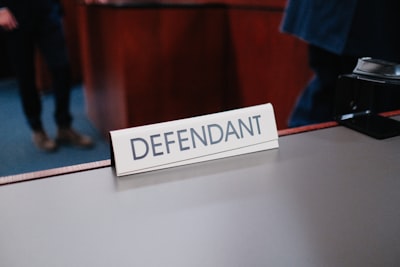The criminal defense attorney occupies an ethically charged and often misunderstood place at the very heart of the justice system. Their job: defend those accused of crimes, ensuring that every defendant—innocent or guilty—receives a fair trial. But public opinion seesaws between admiration and skepticism. Are defense attorneys vital guardians of civil liberties, or do they simply help criminals evade justice?
The Fundamental Dilemma
At its core, the role of a criminal defense attorney stems from the belief that justice must be meticulously safeguarded, even for the most unsympathetic clients. This commitment is enshrined in legal systems worldwide, echoing both the presumption of innocence and the right to counsel. Yet, this principle often collides with public outrage, particularly in high-profile cases involving violence or abuse.
Key Arguments & Controversies
| Perspective | Arguments & Concerns |
|---|---|
| Pro: Defender | Upholds the Constitution, prevents government abuse, uncovers wrongful convictions. |
| Con: Enabler | Seen as exploiting legal loopholes, potentially allowing the guilty to escape justice. |
A famous example: The exoneration movement, in which defense attorneys have used DNA evidence to free wrongfully convicted individuals, demonstrates their systemic importance. Yet, defense lawyers representing notorious figures like serial killers or terrorists are sometimes vilified as complicit in their crimes.
Societal Impact & Broader Trends
Where criminal defense attorneys are thriving, wrongful convictions decline and public trust in the legal system strengthens. Inversely, where defense is underfunded or vilified—such as in some US public defender systems—the system gets swamped by miscarriages of justice, disproportionately affecting marginalized populations.
There’s a growing movement for reform, with calls for more resources, transparency, and ethical training. The work of defense attorneys is also being reframed: not as an obstacle, but as a crucial line of defense against governmental overreach and systemic racism.
Notable Developments
- AI in courtrooms: Legal AI is beginning to assist attorneys, raising fresh ethical questions.
- Innocence Projects: Defense-led efforts have now exonerated hundreds of wrongfully convicted people in the US alone.
Ultimately, the criminal defense attorney is less about defending the individual and more about defending the bedrock principles of justice for all. Their relevance is enduring—and the debate over their societal role could shape the future of legal advocacy itself.
This article was inspired by the headline: 'criminal defense attorney'.

Comments
No comments yet. Be the first to comment!